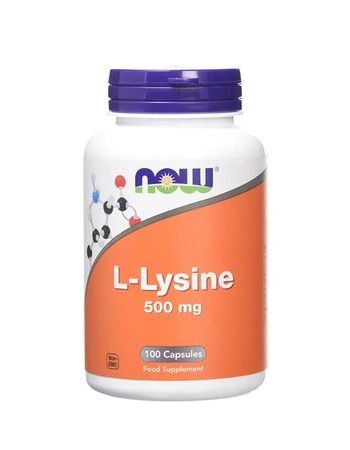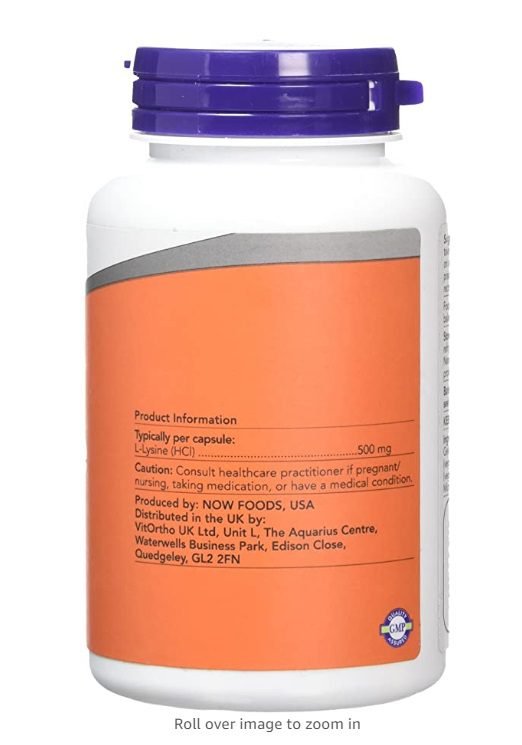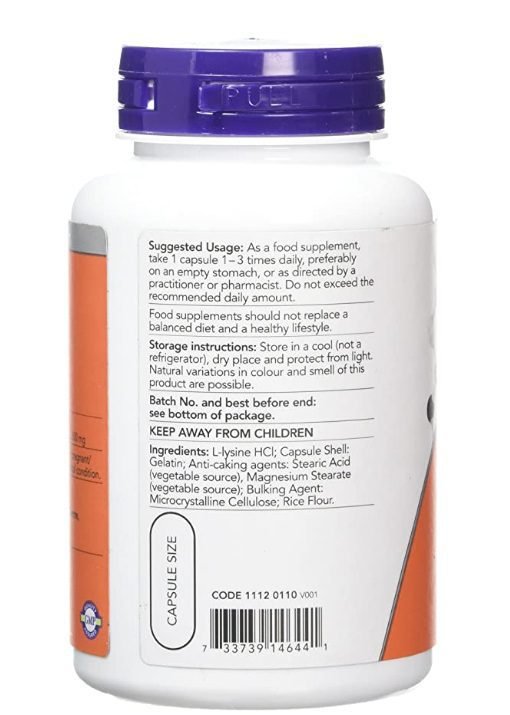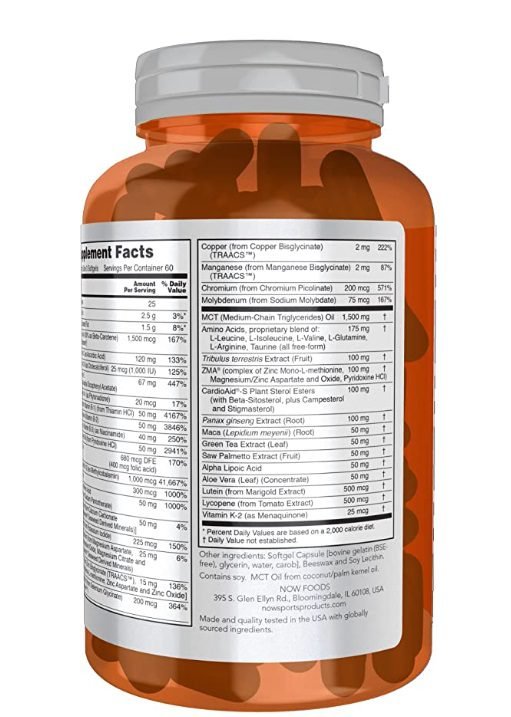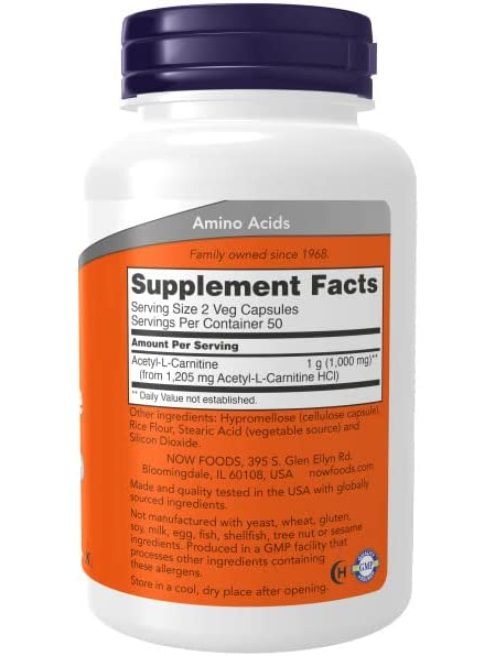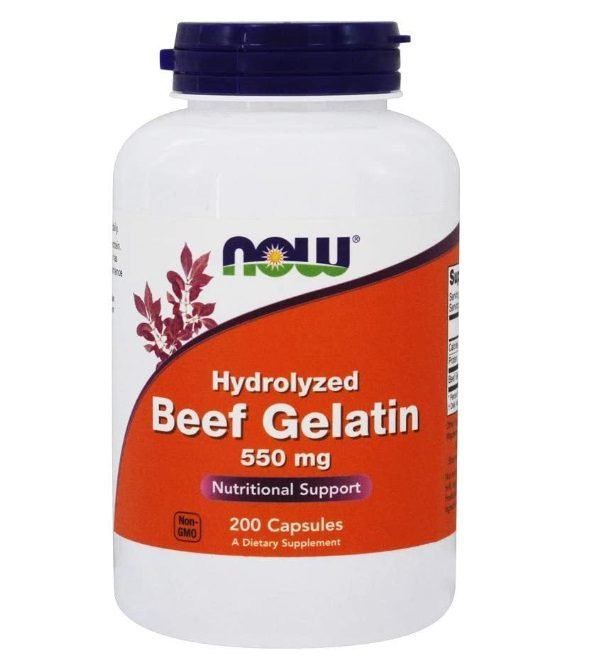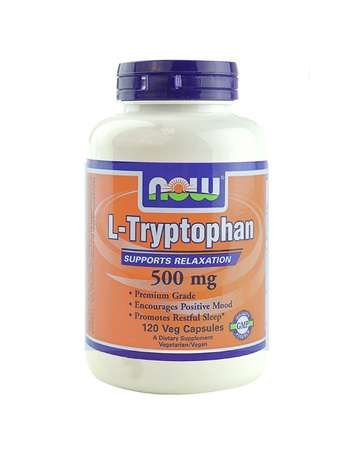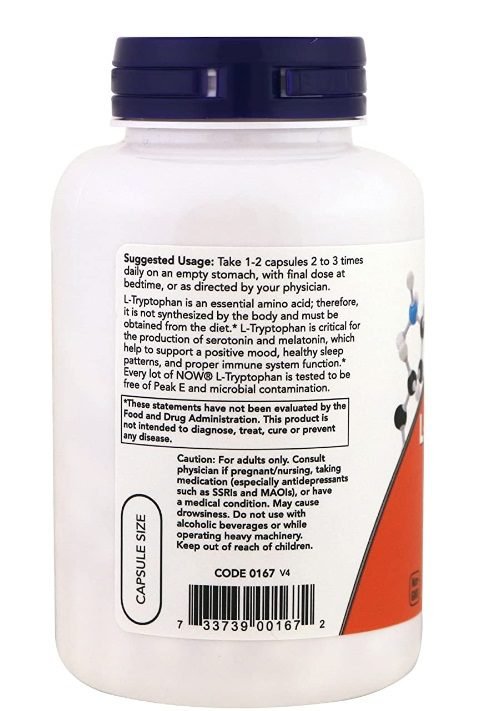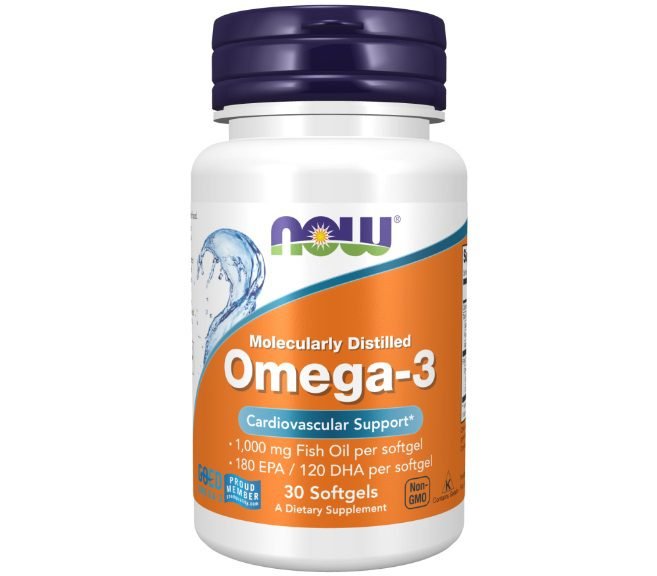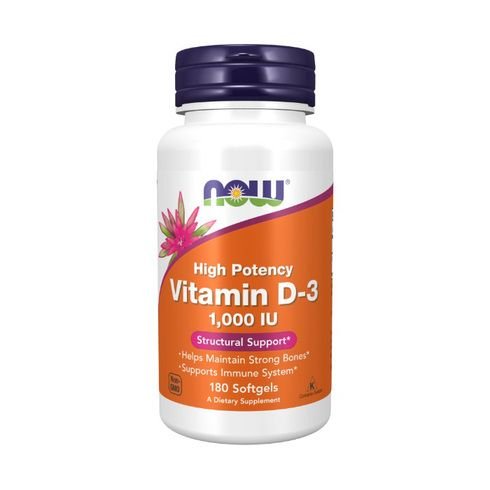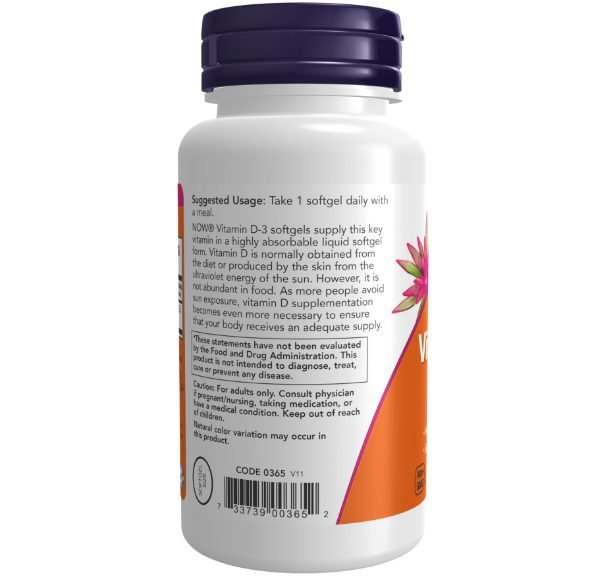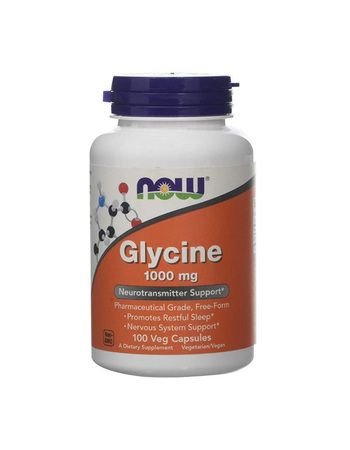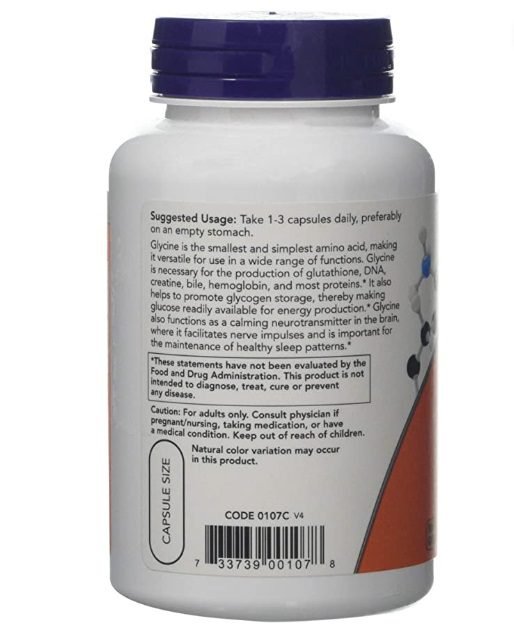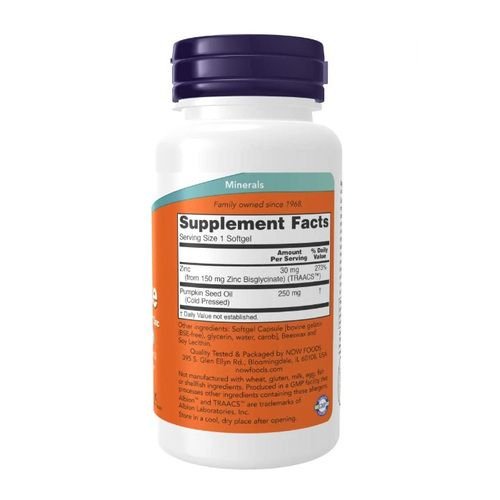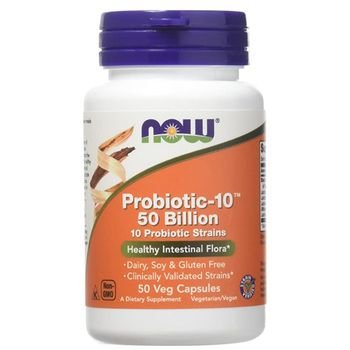
Depression is Definitely Treatable if Caught Early
Depression is a brain disease. Most patients face great mental stress in their lives, causing them to produce excessive stress hormones in their bodies, thus destroying the parts of their brains responsible for emotions, behavioural motivation, memory, sleep and appetite. Therefore, the symptoms of depression include not only persistent low mood, but also loss of interest and motivation in things, memory loss, difficulty sleeping, loss of appetite, low self-confidence and even suicidal thoughts. To effectively treat depression, the most important thing is to reduce the stress in life and promote the repair of damaged parts of the brain. Psychotherapy and antidepressants are effective in this regard.
1. How common is depression?
Among the total population in developed regions, about 5% of men and 10% of women suffer from depression. The age at which adults first develop depression is usually between the ages of 30 and 40. In 2000, the World Health Organization predicted that depression would become the second most serious disease in the world in two decades, second only to heart disease.
2. What are the symptoms of depression?
Depression is a mood disorder whose core symptom is persistent low mood. The depression of patients with depression is different from the sad and troubled emotions that ordinary people often experience in daily life. What they suffer is a complex depression. These low emotions include sadness, anger, and sometimes feelings of shame and guilt. People with depression can feel helpless and often have strong feelings of self-blame or worthlessness. At the same time, patients will also lose the ability to feel happiness, so they cannot enjoy the joyful things in life. The situation is like a cold causing nasal congestion and loss of sense of smell. As a result, the originally fragrant flowers become tasteless. Patients even think that it is better to die than to live, so they have thoughts of suicide. The patient will be trapped in the above emotions and cannot extricate himself. The depression will plague the patient most of the time throughout the day and last for more than two weeks.
In addition to “depressed” emotions and negative thoughts, patients also have the following symptoms:
-
-
- Loss of motivation
-
- Often feel tired
-
- Significant loss of appetite causing them to lose weight
-
- Difficulty falling asleep causing them to wake up very early
-
- Drowsiness
-
- Abnormal increased appetite
-
- Physical and mental retardation, cognitive decline
-
- Difficulty thinking or concentrating
-
- Poor memory
- Indecision about everything in life.
-
In severe cases, there may even be hallucinations and delusions

3. What are the causes of depression?
Two factors cause depression: 1. Inherent biological predisposition to depression; 2. External pressure. If a person’s brain is inherently weak in physiological function, depression occurs when external stress (such as losing a job or breaking up with a partner) is beyond his brain’s ability to bear. This situation is like a “classic car” with a heavy load going uphill at high speed, causing the engine to overheat. When the overheating reaches a certain temperature, the engine of the “classic car” finally “breaks down” and cannot be started anymore.
Genetic factors are the main reason why a person’s brain is physically weaker. If a person has one of his parents or siblings who is depressed, his risk of developing depression will be 1.5 to 3 times higher than the average person. However, external stress plays a more important role in triggering depression than genetic factors. Most depressed patients have suffered from multiple traumatic experiences (from losing their parents, being abused, lack of care in childhood, frustration at work, losing a partner, etc.) when they grow up. These long-term accumulated pressures eventually lead to their onset of illness. In addition, the toxicity caused by long-term absorption of some chemicals is also a common cause of depression. Alcoholism is the most common example.
4. How does stress damage the brain and cause depression?
If we understand how stress damages the brain, we need to know how the body responds to stress. When a person faces a threat, the body releases stress hormones (including “cortisol”), which prepare the body to fight—brains are more alert, blood pressure rises, the heart beats faster, and blood sugar metabolism speeds up. However, excess stress hormones are a toxin to the brain. If the stress is too high and sustained for too long, excess stress hormones can damage the brain, especially the areas of the brain that govern mood, sleep and memory. Because children’s brains are relatively fragile, children are more susceptible to traumatic experiences than adults. Traumatising childhood experiences, such as abuse or lack of parental care, can lead to excess stress hormones that damage areas of the brain that control emotions. Therefore, a traumatised child tends to have a lower ability to control emotions, and he will be more prone to anxiety and sadness. Negative emotions promote negative thoughts, resulting in a pessimistic personality, which makes the child more likely to feel mental stress from the things around him.
As a child grows older, the stress in his life builds up, and his already damaged brain continues to be damaged by excess stress hormones. Many times, it is because he encounters an adversity in his life (such as breaking up with his partner) that his brain is damaged to such an extent that it cannot function normally, and depression occurs. Because they damage the brain regions that control emotions, memory, sleep, and appetite, people with depression often have low mood, poor memory, difficulty sleeping, and loss of appetite.

5. How do antidepressants treat depression?
The sources of external pressure for each depression patient are different. Those who are married, have a job, and have finances, their pressures are different. Even so, the ultimate cause of their onset is the same, that is, stress hormones damage the brain. In the brain region, several chemicals play an important role in maintaining the normal functioning of the brain, including serotonin and norepinephrine. However, in damaged brain regions, the delivery of serotonin is blocked, preventing the patient’s brain from functioning normally.
Antidepressants treat depression in two ways. The first is to directly enhance the transmission of serotonin between individual brain cells. The second is to promote the production of a brain nerve growth factor called “BDNF” in the brain, thereby restoring damaged brain areas. Stress hormones hinder the production of factors such as “BDNF”, and as a result, brain cells gradually wither like water-deficient plant roots.
Therefore, taking antidepressants does not bring immediate and direct happiness like watching a comedy set. Antidepressants are not drugs that create a feeling of happiness. They restore the normal function of the brain, so that people can regain the ability to feel happy, think rationally, and restore normal sleep, so that they can regain their motivation in life. , so that the patient can solve the problems that happen to be the source of stress and depression.
From the above, it can be seen that antidepressants are effective because they restore the normal function of the patient’s brain and help the brain resist the damage of stress. For this reason, doctors often recommend that patients with their first episode of depression continue to take antidepressants for a year or more after recovery to ensure full brain recovery. As for those patients with multiple episodes, they should continue to take antidepressants for several years or longer to prevent relapse. So to be correct, antidepressants are not “happy drugs”, but a “protective” brain drug (to protect the brain from damage caused by stress hormones), and a “replenishing” brain drug (to repair damaged brain areas), to promote the transmission of serotonin and other substances between brain nerves).
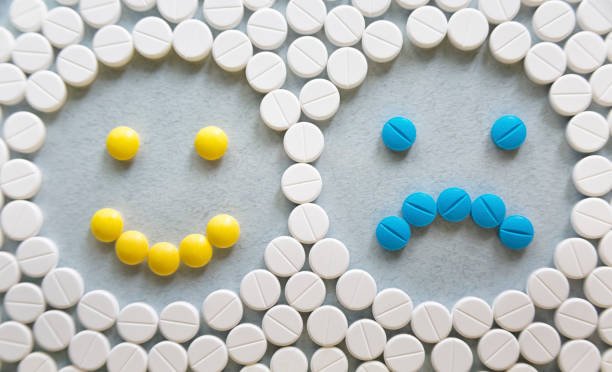
6. How does “psychotherapy” treat depression?
Medical research has proven that psychotherapy can effectively treat depression, among which “cognitive behavioural therapy” is the most effective. Depressed patients lose the ability to feel joy, and every day without fun makes them have a “one-sided” negative view of everything. “Psychotherapy” helps patients examine existing negative thinking and behaviour patterns, try new ideas and practices, and accumulate positive experiences in life, thereby overturning negative thinking, reducing mental stress, and relieving depression.
Think about it, if you get the third place in the class in the exam, but you always think negatively that you lost to the other two students, your stress level will definitely be higher than if you think positively that you are already in the top three in the class. In the same way, if you are in the office and say hello to a colleague, but the colleague doesn’t respond to you, you can negatively think that the colleague doesn’t like you, and avoid the company’s social activities to avoid meeting the colleague, then your stress will be big. But if you positively think that he is just busy with work and doesn’t pay attention to you. When you meet him again, you can talk easily and naturally, and your stress will be much less.
Related Articles
Bad Mood? Wonderful 9 Good Food Against It!
What Constitutes a Mental Disorder?
How Mental Disorders are Treated?
Reference
Best Books to Save Yourself From Depression — Click to Buy
The Most Important Therapy if CBT – Cognitive Behavioural Therapy
Supplements to Reduce Stress
-
1. Improve immune system function.
2. Maintain the function of joint movement.
3. Balance normal blood sugar levels.
4. Rich in antioxidants to absorb harmful free radicals.
5. Helps maintain normal levels of cholesterol.
6. Maintain healthy lung function
7. Improve mental clarity
8. Reduce stress and overcome depression
9. Improve the sexual function and prevent erectile dysfunction.£18.91 -
1. Improve intelligence, promote growth, and enhance physical fitness.
2. Increase appetite and improve malnutrition.
3. Improve insomnia and memory.
4. Help produce antibodies, hormones and enzymes, improve immunity and increase hemoglobin.
5. Help absorb calcium, treat and prevent osteoporosis
6. Reduce the level of triglycerides in the blood and prevent the occurrence of cardiovascular and cerebrovascular diseases
-
Benefit of Acetyl L-Carnitine
- Rejuvenate cell mitochondria and maintain their normal energy production, thus maintaining health
- Is a premium fat burning nutrient with stress management and nervous system protection benefits
- Restore the metabolism of fat and blood sugar to normal, promote better metabolism and brain function
- It has a high protective effect on the circulatory system of hyperglycemia
- Restore brain energy, prevent brain damage and decline, reduce free radicals and fat formation
- Has higher mental energy levels and better concentration
- Can improve the clarity of thinking, more alertness and greater awareness of perception
- It has the effect of reducing neutral fat and bad cholesterol, and can also inhibit the accumulation of liver and myocardial fat
- Helps increase protein muscle mass while reducing “leptin resistance”
- It is especially good at protecting nerve cells and has a very significant effect on nerve regeneration
- Increases production of serotonin and dopamine, making it a true natural antidepressant
- Restorative and energizing to the liver, helps metabolize calories in a more youthful manner
- It easily crosses the blood-brain barrier to support cognitive function, improve memory and learning ability
- It can help the brain memory of the elderly and prevent the decline of memory in the elderly
- Helps to slow down degeneration or even restore brain function after stroke traumatic brain injury
- Helps improve children with autism
- It has a direct anti-aging effect on mitochondria and reverses memory loss
- It is a fat-soluble anti-gasification agent and is highly active in nerves; provides excellent protection from stress and excitotoxic damage
Supplements for Sleep Health – Click Image to Buy
-
Benefit of Beef Gelatin
- Collagen and gelatin contribute to the infrastructure of connective tissue throughout. Regular consumption of these proteins helps repair and care for the intestines, skin, hair, tendons, cartilage, bones and joints.
- Supports joint health, comfort and mobility.
- Supports gut health and digestion due to the role of amino acids in promoting the integrity of the gut lining
- Boost muscle mass
- Reduce hunger
- Supports bone health
- Assist with blood sugar control
- Supports cognitive functions, including memory and learning
- Helps Athletic Performance and Recovery
- Helps maintain healthy, youthful skin
- Promotes healthy hair and strong nails
- Promote quality sleep
-
Benefit of Now Foods Omega-3, Molecularly Distilled 30 Softgels
- Fight Depression and Anxiety.
- Improve Eye Health
- Promote Brain Health During Pregnancy and Early Life.
- Improve Risk Factors for Heart Disease.
- Reduce Symptoms of ADHD in Children.
- Reduce Symptoms of Metabolic Syndrome.
- Fight Inflammation.
- Fight Autoimmune Diseases.
- Improve Mental Disorders.
- Fight Age-Related Mental Decline and Alzheimer’s Disease.
- May Help Prevent Cancer.
- Reduce Asthma in Children.
- Reduce Fat in Your Liver.
- Improve Bone and Joint Health.
- Alleviate Menstrual Pain.
- May Improve Sleep.
- Good For Your Skin
-
Benefit of Vitamin D-3
1. Reduce fracture and fall risk
2. Good for migraine
3. Beneficial for NAFLD
4. Beneficial for sarcopenia
5. Beneficial for chronic urticaria
6. Benign paroxysmal postural vertigo
7. Beneficial for sleep disorders
8. Beneficial for knee osteoarthritis
9. Beneficial for pneumonia prevention
10. Beneficial for new coronavirus infection
11. Reduce the incidence of preeclampsia
12. beneficial for autism
13. Beneficial for chronic obstructive pulmonary disease
14. Beneficial Cancer Events
15. good for TB
16. Beneficial Helicobacter pylori infection
17. good for gestational diabetes
18. Beneficial for blood lipid regulation
19. Boost male hormones (androgens)
20. Reduced low birth weight and small gestational age births
21. Aids in weight loss (weight loss)
22. prevent cardiovascular disease
23. good for multiple sclerosis
24. Beneficial for asthma improvement
25. Beneficial for major depression
26. Beneficial for Type 2 Diabetes
27. Reduce premature birth rates
28. Beneficial for Polycystic Ovary Syndrome
29. Beneficial for older people’s athletic ability (walking speed)?
30. Improve lower back pain?
31. Beneficial for atopic dermatitis
32. good blood pressure regulation
33. Beneficial for female pattern hair loss
34. Reduce the chance of cognitive impairment
35. Reducing Cold Events: Acute Respiratory Infections
36. Improve breast cancer prognosis and mortality
37. Beneficial Fatigue Phenomenon
38. Beneficial for irritable bowel syndrome
39. Reduce the incidence of schizophrenia
40. Mortality of hospitalized patients
41. Reduces the risk of stridor and asthma in offspring£9.00









